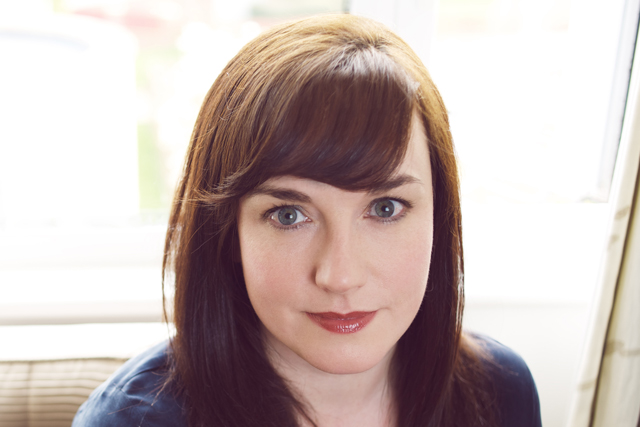A badly handled 'sorry' can be even more damaging to a brand than the incident it has to apologise for. But handled well, an apology can actually strengthen relationships, making the sorry organisation feel more human and 'real'.
There are several formulae for apologising out there in business books and blogs - and countless checklists for brands and corporations to adhere to when things go badly wrong.
And while the content is hugely important, the words themselves can make an apology feel either genuine and heartfelt, or slippery and false.
In the weekend of contrition that’s just passed, there has been ample opportunity to view the language of apology at close quarters. First it was Jimmy Carr saying sorry for squirrelling his cash away on the Channel Islands. Then it was RBS apologising for cocking up the bank accounts of more than 12 million customers.
In terms of content, Carr’s sorry ticked all the boxes. He fessed up, explained what had happened, accepted responsibility and said he’d taken action.
But his apology did more than cover off the necessities. The wording of it conveyed a real tone of humility.
And while many journalists have been quick to condemn, the public’s reaction has been more pragmatic. A few angry voices, perhaps. But a lot more saying that given half the chance, they’d probably take an opportunity to pay less tax too.
Because if you speak truthfully and from the heart, the likelihood is that audiences will respond in kind.
Even in the litigious USA, apology is seen as an effective tool. is a programme that encourages medical staff to say sorry if they make a mistake. As a result of signing up to it, the University of Michigan Hospital cut lawsuits in half, reduced litigation expenses by two-thirds ($2m annually), and reduced their insurance reserves from $72m in 2001 to less than $20m in 2007.
Carr’s apology felt human and made him appear vulnerable. He didn’t hide behind long words and technicalities. He just appeared to say it how it was and apologise.
In an interview on Radio 4’s Moneybox on Saturday, Sue Allen - the director of customer service at RBS - displayed a similar frankness.
Paul Lewis questioned her about the very human effects of the bank’s software glitch. "People can’t pay their bills," he said. "They’re on holiday and can’t pay for taxis home. They’re not being able to complete on house sales."
"I know," she said. "It’s horrendous. We’ve got 12m customers in Natwest and RBS and just over 100,000 in Ulster Bank so it’s affected a serious number of people and really having a terrible impact."
The apparent honesty of these words is disarming. And while on their own they don’t fix the mess left behind by the IT glitch, at least they don’t sound like a company hiding behind glib business speak and self-justification.
Because so often, no matter how recognisable a brand’s tone of voice might usually be, it goes out of the window at the first sign of something serious kicking off - and that can be a big mistake, as the CEO of Netflix discovered last year.
When the movie rental service decided to split the company last year, forcing customers to sign up to two accounts if they wanted to both watch movies online and rent DVDs, there was a considerable backlash.
But chief executive Reed Hastings' apology, , only succeeded in spraying petrol on the flames - despite starting with the words: "I messed up. I owe everyone an explanation."
Because what Hastings went on to do was set out in no fewer than 1,014 words that what he was doing was for the best of his company, even if it hurt him as much as it hurt his customers.
In the whole of that lengthy communication, the words 'I' and 'we' appear a total of 48 times. 'You' and 'your' appear just 12 times. And unlike Jimmy Carr, Hastings did try to make jokes - There are no pricing changes (we’re done with that!).
Apologising is a difficult thing to do, and many companies have struggled to get it right.
But recent research shows that consumers want brands to feel human and be honest. They’d rather know about mistakes and glitches, and are prepared to forgive.
To feel genuine, the language of apology has to be direct, personal and to-the-point. Everything, in fact, that most tone of voice guidelines advocate. So we shouldn’t forget to use them - especially when we need to say sorry.


